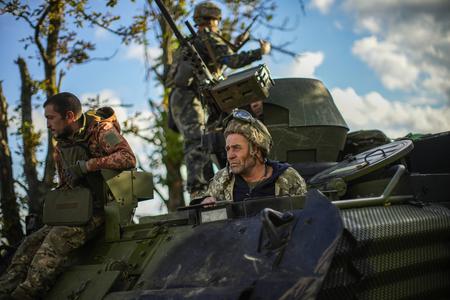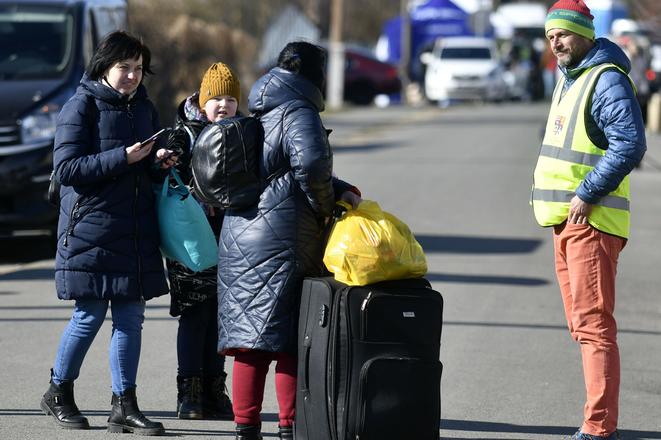Before the war, Anastasia Malaiko from Odessa worked as a journalist. When Vladimir Putin attacked her country, she and her three children found refuge in Bratislava, where she is now dependent on state social assistance.
Back during the summer, she received €360, now it is only €130.
The more generous aid lasted from May to September and it was provided by the United Nations High Commissioner for Refugees (UNHCR). The Red Cross, UNICEF, and IOM (International Organization for Migration) also helped in order to relieve the state at least for a short time.
Since September, Slovakia has once again taken over the responsibility, and Malaiková thus receives the same amount of money under the same conditions as Slovaks.

"I think the assistance is very small. Many mothers work. I have three children and the youngest is only two years old, and we really need the money," she said.
Sociologist Zuzana Kusá from the Slovak Academy of Sciences claims that thousands of Slovak women are in a similar situation, raising small children or living in areas where it is hard to find work.
The strict social system was gradually formed under both right-wing and left-wing governments at a time when Slovakia suffered from high unemployment, and it was based on the philosophy that an overly generous system does not motivate people to find work.
The goal was to reduce benefits to such a level that they would not even guarantee the existential minimum, supposedly helping to increase employment.



 Stock image. (source: TASR)
Stock image. (source: TASR)